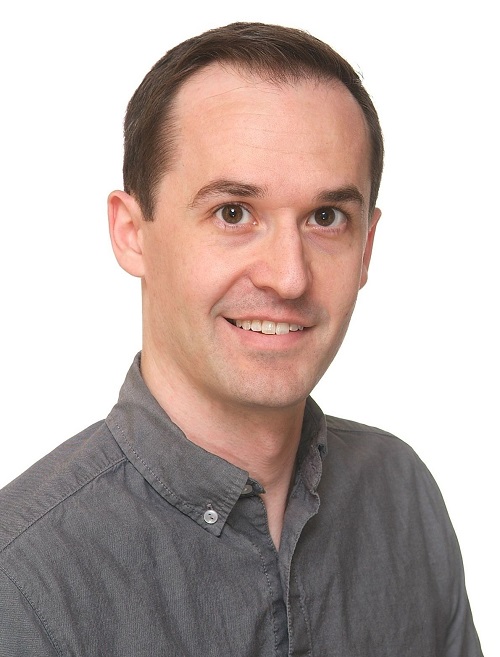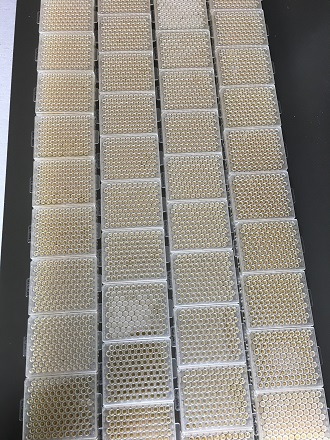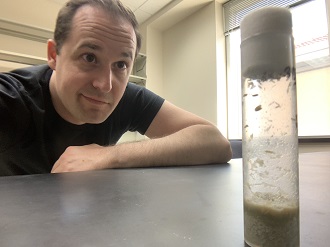About the department:
At UW Madison there are a lot of great departments doing biological research, but I’m particularly proud to be part of the Genetics Department, which has a long history of achievement, including in my field of evolutionary genetics. There are also incredible programs across the university to facilitate outreach and education, which is really inspiring.
About the research:
Mutation creates the genetic variation that allows evolution to happen, but the mutation process itself is also subject to evolutionary forces. The opportunities for populations to adapt and persist will depend on the nature of spontaneous mutations: how often they appear, their spectrum of effects on genome sequences, and their consequences for individual fitness and population growth. My lab will study these features of the mutation process by doing intensive experiments with yeast and fruit flies, combining predictions from theoretical population genetics, experimental evolution strategies like mutation accumulation, next-gen sequencing and computational genomics.
How do you/will you approach mentoring new lab members?
I’d like my lab members to appreciate that doing science is a continual process, and we all have to be prepared to adapt as we go along. Even PIs make mistakes—what matters is that we keep learning from each other.
Do you have a funny story to share from an Evolution Meeting?
The party at the end of Portland 2010 was at the zoo, but I got so caught up with talking to people that I forgot to look at any animals. Happily, I got another chance at the 2017 meeting.
Do you remember your first publication in Evolution or Evolution Letters (acceptance or rejection)?
My first paper was published in Evolution. The reviews were quite positive, and not much revision was needed. My advisor warned me not to expect future submissions to go that smoothly—and he was right! Still, I think that early experience was encouraging.
How do you think evolutionary research benefits society?
So many issues facing society come down to basic questions evolutionary biologists have been addressing for decades. Now that we’re in the genomic era, I especially hope that biologists will be a part of the public conversation about what we know—and don’t know—about human genetics and the consequences of genetic modifications.
What one piece of advice would you give to a starting graduate student?
Make communication and collaboration a part of your academic training. Your work will have a greater impact when you can communicate it to a broader audience and make synergistic connections with others. Building a network of colleagues will have benefits down the road, including for job hunting.
Do you remember making any mistakes as a trainee; how did you recover?
I once sorted about a thousand flies, only to throw out the type I actually needed for an experiment. I learned that, while going for drinks with your lab mates is great, it’s best to go after you’ve done your lab work, and not before.
What do you enjoy doing in your free time?
I like cooking the kind of meals that are entirely improvised. Madison has lots of great areas for biking and boating, so I've been enjoying exploring outside.
 Nathaniel Sharp
Nathaniel Sharp

